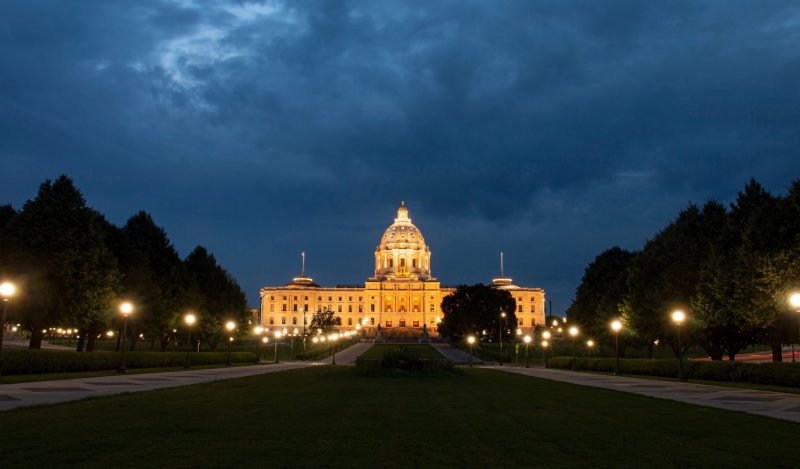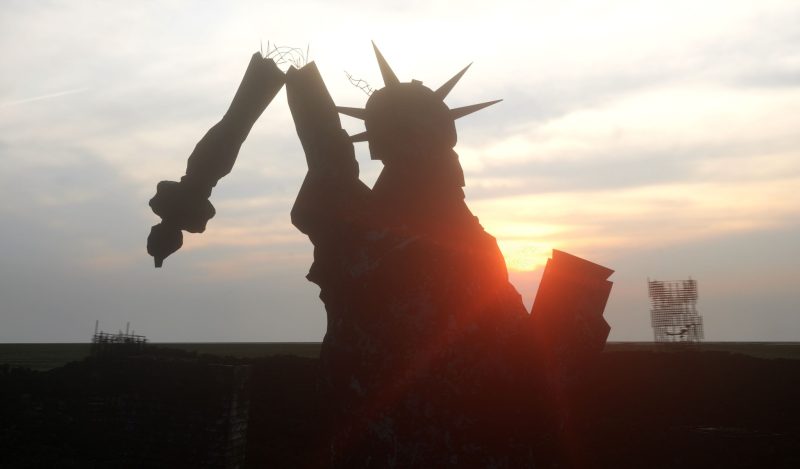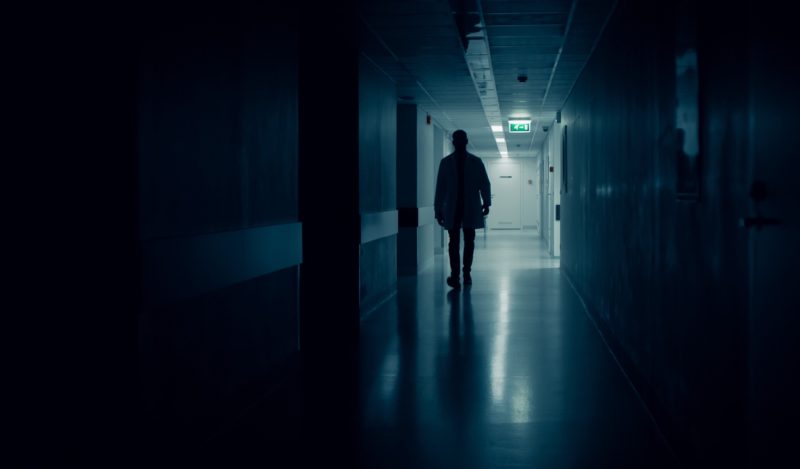Laws are only as meaningful as the political will behind them. If a policy exists, but it would be political suicide to legitimately practice or enforce it, we can reasonably expect that the ruling class will value their continued legitimacy as the ruling class over getting their way on the practice of one law.
Some examples of this are speeding less than 5 mph over the limit and federal criminalization of marijuana. Though very much crimes on the books, they’re matters that would be met with vicious hostility from citizens, activist groups, and even some of the more sympathetic elites. The existence of legislation clearly does not necessarily lead to the enforcement of said legislation.
Mask mandates work in a similar way, depending on where you find yourself frequenting. The distribution of enforcement isn’t random. It is tightly correlated with a business’s proximity to elite institutions.
Western Massachusetts, from Springfield to Northampton, is a microcosm of this phenomenon. For reasons entirely unscientific, many towns through the Pioneer Valley have periodically imposed and lifted mask mandates dating back to approximately August 2021. But existence is one thing: compliance is another.
For the sake of protecting the heroism present within many businesses on the lower end of the socioeconomic spectrum, I won’t name any non-participants by name. That being said, having been inside of the majority of restaurants in Springfield as a delivery courier, I can count on one hand the number of places that have, at any point, instructed me to wear a mask.
In what appears to be a majority of cases, one or more employees is wearing one below the chin or not at all. There simply isn’t much concern for what the mayor says; customers, employees, and business owners alike are freely associating with each other in ways that they feel most comfortable.
In the supposed liberal hub of Springfield, MA, the population is nearly 50% Hispanic. Of this demographic, only half have received one vaccine dose and nearly 3 in 5 are not fully vaccinated. These numbers are further artificially inflated by the vaccine mandates at the three universities within city limits. Nevertheless, this hasn’t stopped businesses from operating like they normally would and citizens from moving on with their lives. Nobody asks about the virus because it isn’t necessary to do so.
Just 20 miles north, however, Northampton operates entirely differently. At the Academy of Music concert hall, signs blast a requirement for vaccination or negative test to permit entry. The masks have been mandatory since August without fail, and even outdoors, citizens sport N95s like they’ve just come out of a coal mine or an asbestos-ridden basement.
The all-female Smith College tests their students twice weekly and many Hamp townies appear to have a similar mentality as the school’s administration. Sure, the Hispanic population in Hamp is only 54% vaccinated, too, but it’s a town that’s 81% white, a demographic with an in-town vaccination rate of 78%. Upon entering a restaurant, a common first greeting to a keen customer sporting a smile is to cover that thing up.
What explains such a dramatic difference in the execution of nearly identical policies in cities so close to each other? One possibility is that in an area with higher rates of compliance, it is easier to enforce more draconian measures, as doing so, from a business’s perspective, has a reduced cost.
Far more people walk around maskless in Springfield than Northampton, so demanding that somebody put one on (who may not have one at all or might otherwise be offended by the decree) will result in the loss of far more customers and resultant sales. This creates a greater incentive in Springfield for businesses to ignore municipal mandates, for the market will punish obedience more heavily.
The wealth gap between these two cities is also worth analyzing. Throughout Massachusetts, Springfield is not known for being the most pleasant place to live. Poverty rates are high and real estate prices are comparatively affordable. Though the city is inarguably improving in these areas among many others, the passive renegade spirit of the underclass remains.
Median home sale prices have spiked in the last two years, as they have nationwide, but still have only just reached $250,000. Northampton’s figures are nearly double that, and with additional wealth comes a plethora of changes in social attitudes.
It’s possible that this status increase generates a feeling within more affluent residents that there’s more on the line. As our cancel culture has intensified over the last half-decade, each of our actions scrutinized down to the most minute detail, a slight misstep can be devastating. Perhaps those with more to lose in the event of being canceled are less willing to do so. Even if their businesses were to remain operational, the stain and stigma of being “maskless” could be enough of a fear to drive away business.
It could further relate to Ted Kacyznski’s concept of the surrogate activity: those with more wealth have to spend less of their time and energy worrying about their own sustenance and survival, leaving more of it to latch onto other, less-important activities with the same intensity that we used to direct toward keeping ourselves alive.
These less-important activities, which ultimately become just ways to pass the time, are surrogate activities; perhaps being an honorary member of the mask police is just one example of a surrogate activity to citizens who have become so comfortable that boredom has set in and they need to invent a passion to pursue. Though not an exact comparison (as by Kacyznski’s standards, both of these blocs are at the point of affluence where they spend the majority of our time engaging in surrogate activities), it may touch upon why this is such an important issue for those who already have all that they could ever ask for.
The disparity between Springfield and Northampton illustrates a clear socioeconomic divide among the enforcement of mask mandates. In a nation ruled by political will, rather than just laws, it is fair to say that in Springfield, and in the Springfields all across the country, liberty still thrives. Paper words and empty speeches have little relation to the everyday activity of residents, rendering the so-called mask mandate almost entirely illusory.
Published under a Creative Commons Attribution 4.0 International License
For reprints, please set the canonical link back to the original Brownstone Institute Article and Author.









